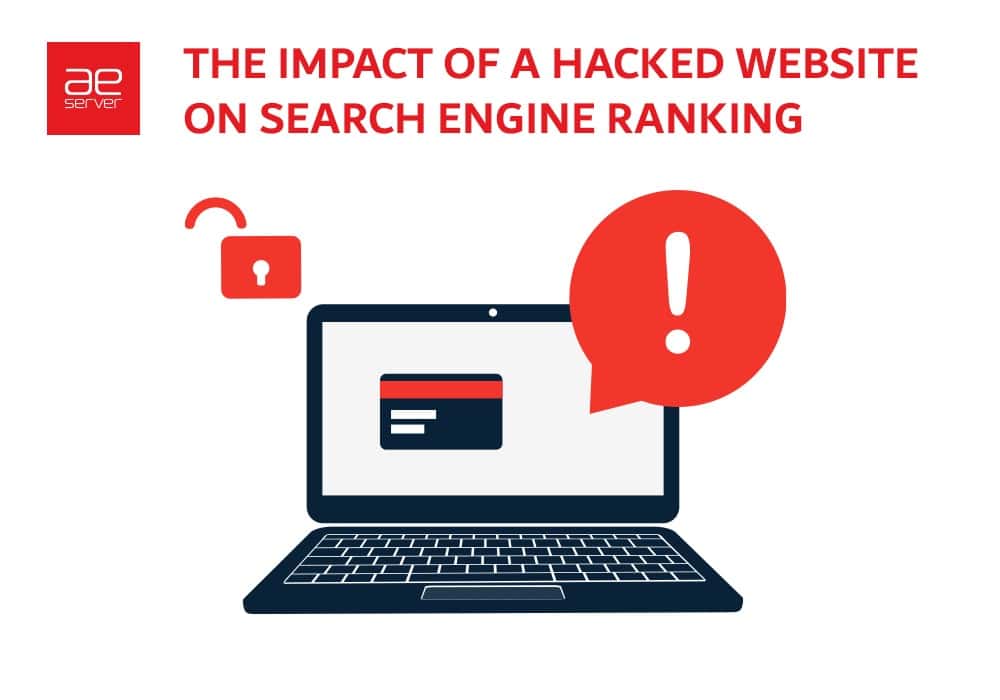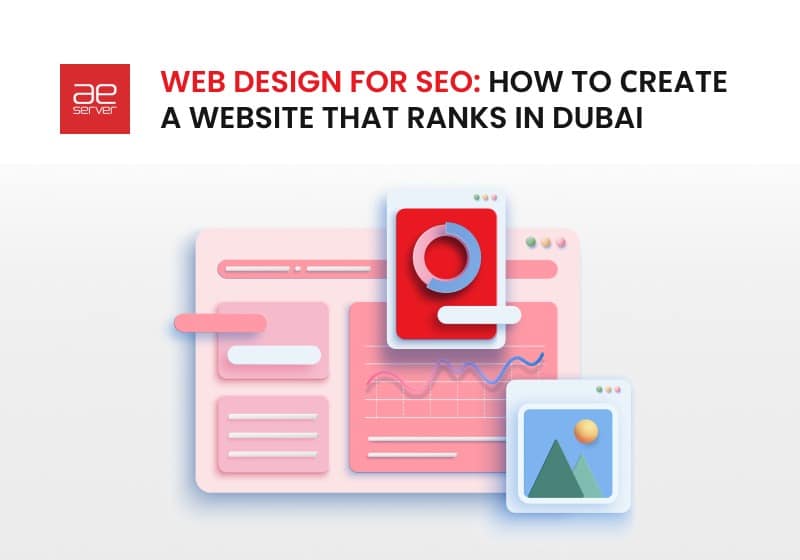
The Impact of a Hacked Website on Search Engine Ranking
Once a hacked website is fixed, the security risk is resolved. It may seem that all is good now. However, you may not know that the website’s SEO performance may have endured damage. Top-quality web security and prevention practices must go forward along with complete SEO analysis, audits and possible remediation efforts.
Website security is an integral part of digital marketing. Without a proper security plan, malware and security breaches may harm your site’s reputation, authority, and domain and damage your SEO. beyond these outcomes, recovering from a hack takes time, effort and expertise.
Let’s learn more about how a hacked website suffers search ranking penalties.
Identifying Hacks
Cybersecurity breaches are the reason to lower the rank of your website by search engines like Google.
Hackers can breach a website to gain unauthorized access to confidential information, hijack a website, redirect visitors to another site, and do other evil acts. Sometimes it’s difficult to identify if your site is hacked, so it’s recommended to check your website for security issues and report them immediately within the Google search console to determine if Google has identified a breach. Other times it will be obvious a website hack has occurred. Potential negative effects on a website that can hurt performance include: slow page loading speed, website defacement, lost website control, stolen information, scams, blacklisting and lastly, reduced ranking due to being indexed for spammy links and keywords.
You lose control of your website whenever you’re hacked, and Google doesn’t like that. To prevent that from happening, enhance your web security with tools and some smart security tips. If you have a wordpress site, you can enhance the security with wordpress plugins and choose managed wordpress hosting from a reliable hosting service provider.
Is My WordPress Site Secure? Ten Essential Steps To Protect Your WordPress Site
HTTPS Is a Ranking Factor
When it comes to search engine ranking, a question often comes into mind is HTTPS a ranking factor? Undoubtedly the answer is yes.
Google said that it would be a tie if two sites have the same ranking signal, but it won’t be a reason to rank higher or lower. The main intent was to get everyone to adopt HTTPS faster.
But In 2017, Google announced that Chrome would flag the website as “not secured” if it’s not HTTPS. This means it’s not just only a ranking signal, but there is more to it. It is also about user behaviour. Once the user visits your website and finds out it is not secure, he will be more likely to leave your website, and ultimately you will lose traffic and leads.
Other than search engine ranking, there are also many other advantages to adopting HTTPS that are following.
- It protects customer data
- It protects from google warning
- It will increase customer trust and revenue
Does My Website Need SSL? Know Why It Really Matters!
How Does a Hacked Website Affect Your Ranking?
There are an incredible number of ways your website can be hacked; the most common ones are spam and malware.
Spam:
Website spamming is an unethical technique to increase one’s relevance on SERP by adding hypertext to a webpage that users click on, and then they are sent to a different website. Spammers drag traffic away from your website to illegitimate ones, which results in fewer organic visitors to your website. Eventually, it affects your ranking when fewer customers visit your website.
Malware:
Hackers often use data breaches to distribute malware. It is used to disable the network so that a hacker can get customer information, bank information and other private and valuable data. Once users know that your website is vulnerable to attack and their information may have been stolen, they will be less likely to visit your website. This will affect your ranking and sales.
Additionally, If something goes wrong and Google notices it, it can also affect your position in SERP and be subject to a range of penalties from Google. Google will restrict your site to protect users by notifying them with a warning message that the site may be harmful if they try to visit an infected website.
How Long Does It Take to Recover
A survey shows that 40.9% of sites restore to normal within a day. Luckily these site owners had a recent backup available that the hacker had not compromised. At the same time, 16.6% of the sites take more than a week to recover. Usually, the average time to recover from a hacked site is seven days.
On the other end of the spectrum, your site can be blacklisted by Google if you don’t clean your website. Security experts or your hosting provider need to do quick action to recover from the hack, potentially by restoring the site from a backup before a hack.
After implementing a security posture, you will need to petition Google to reinstate the website and index it again. On average, Google takes 72 hours to review your website and clean your bad name from their list. Even once your site is reinstated, your website ranking may still suffer, which will take some time because your site will still likely be indexed for spam keywords resulting from a hack. You may require a professional SEO expert to help you fix your website’s SEO.
URL Blacklist: What It Is & How to Prevent It
How to Protect Your Website
You can do a few things regularly to protect your website from hackers, malware, or spam. By being proactive, you can prevent disturbance to your website traffic and SEO. the best things you can do are:
- Update regularly: if you use outdated software, your website can be an easy target.
- Regular monitoring: keep a close eye on every activity on your websites, such as traffic and suspicious acts and always repair problems before they become bigger.
- Regular backups: Create backups regularly, especially if you’re using wordpress and plugins. Backing up your website and files is easy with cloud service. If you want to know the importance of backup and some backup strategies, go to Accelerate Your Business Continuity with Automated Backups.
Accelerate Your Business Continuity with Automated Backups
Final Thoughts
If you feel your site may be vulnerable, hacked, or your rankings have taken a suspicious drop, take action immediately. Contact your web hosting provider, then consider your next steps once the hack’s been offset.
Significant considerations for maintaining your website security include security plugin installations, secure web hosting, and professional website management such as website monitoring and regular website backups.
We hope you found the information in this article helpful and interesting. The information provides a strong incentive to get serious about website security, doing everything you can to prevent hackers from compromising your site in the first place.
Contact AEserver today to analyze the security of your website and help protect your SEO rankings.



